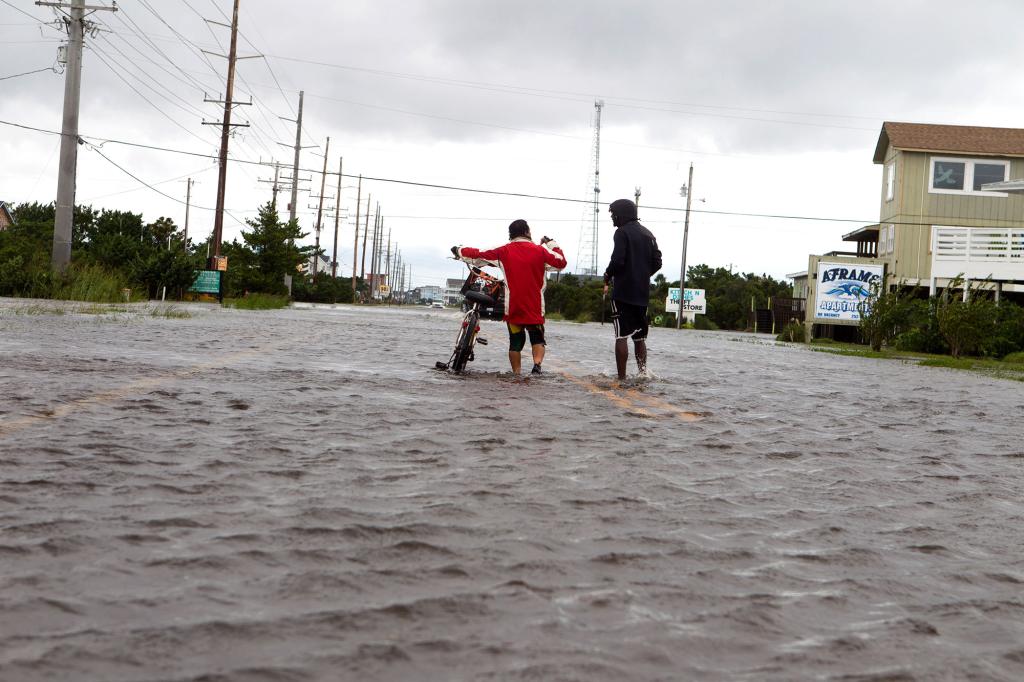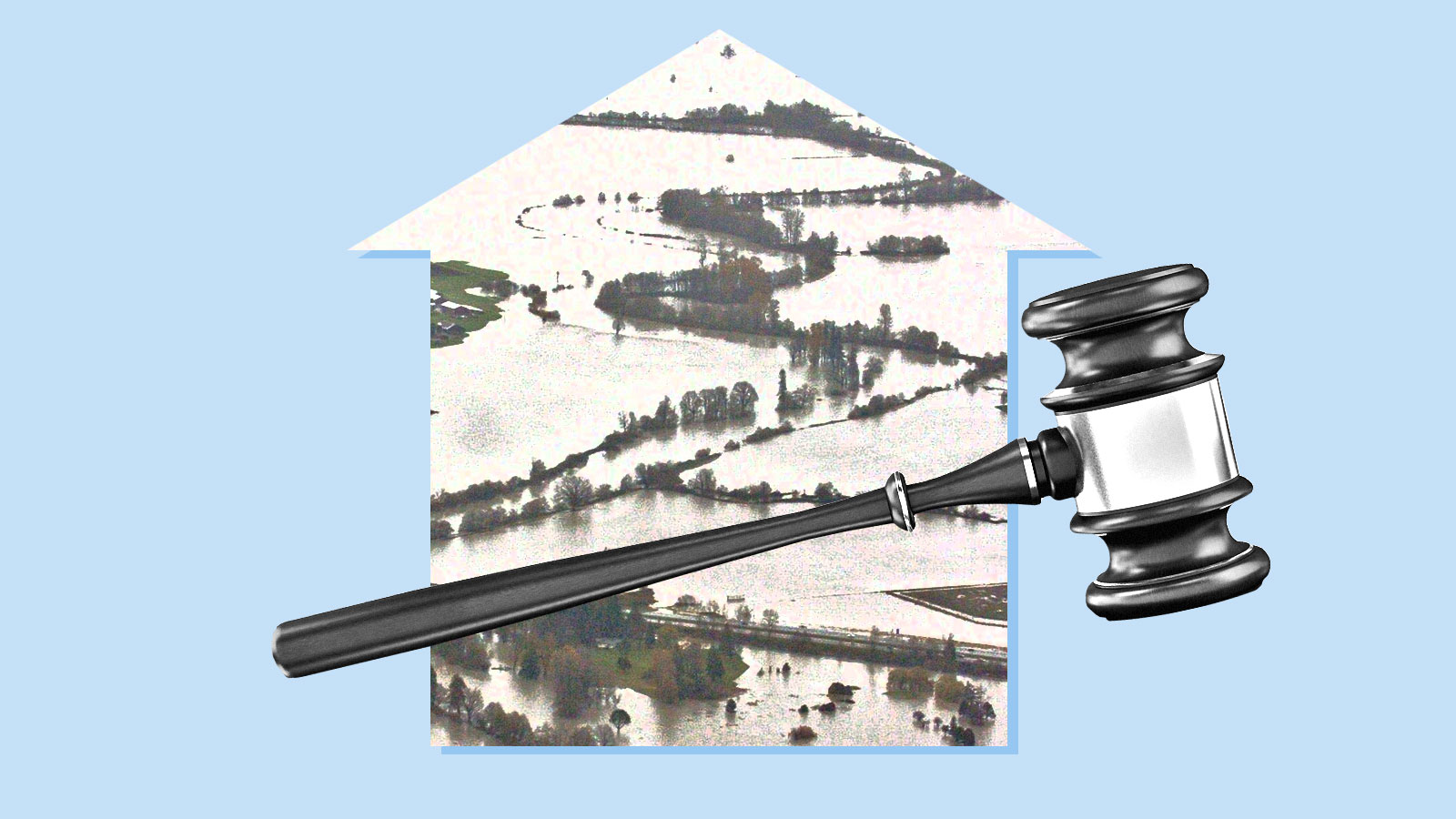In 2007, Michelle Roberts took an early retirement from Alaska Airlines and moved to Nooksack Tribal housing in northwest Washington. “My thought was that we are going to have a nice life being surrounded by family members, being close to my parents,” she said. That all changed when Nooksack Tribal police officers served her an eviction notice in December. “Never did I think that Nooksack would try and kick us out after fifteen years.”
Roberts’ eviction is the latest step in a bitter nine-year fight over tribal membership in the Nooksack Indian Tribe. The families facing eviction are part of a group of 306 people that the Nooksack Tribal Council has tried to disenroll multiple times since 2013. The group of 306, which represents about 15% of the tribe, are descendants of a woman born in 1875 who the Tribal Council claim was not Nooksack because she did not appear on a 1942 census. Her three daughters married Filipino immigrants and their descendants then enrolled in the 1980s. In 2019, the Council passed a new policy that only members could live in Tribal housing. Since then, eight households have received eviction notices and thirteen have been told they are next because they are on the Tribe’s disenrollment list.
Facing eviction, and what she calls persecution from her own tribe, Roberts has nowhere else to go. In the last year alone, Whatcom County has faced a deadly, unprecedented heat wave, record-breaking rainfall, and landslides. Historic flooding in November caused nearly $50 million in disaster costs – the highest ever in Whatcom County – and damaged more than 800 homes displacing hundreds of people in the region. Both temporary and affordable housing is nearly full.
Access to housing is especially important in Indigenous communities and communities of color due to higher vulnerability to climate disasters, and affordable, tribal housing can serve as an antidote to housing challenges. A 2017 HUD study of housing issues across Indian Country concluded that 68,000 new homes would need to be built to address overcrowding and inadequate living conditions. A 2021 Housing Matters at Urban Institute Initiative article highlighted the issue saying that tribes needed more flexible and accessible federal resources to address tribal housing challenges and mitigate worsening and future climate threats.
“All the money they spent on this disenrollment, they could have been building houses,” Roberts said. “But they haven’t built houses in 15 years.”
With few options, Roberts and other families facing eviction took the unusual step of turning to the United Nations High Commissioner for Human Rights in December, who issued an unprecedented statement last week calling on the Federal government to stop the evictions. The statement, written by two United Nations High Commissioner on Human Rights experts, stressed the health and cultural damage eviction would cause. Gabe Galanda, an attorney representing the “Nooksack 306” believes this may be the first time the UN has weighed in on an internal Native American dispute.
“It’s hard to imagine a worse time in modern history to attempt these mass evictions. The idea that they would evict 63 people from 21 homes, during a pandemic and amid historic inclement weather caused in great part by climate change is mind boggling,” Galanda said. “It should be unfathomable.”
In recent years, the UN and other organizations have called attention to the connection between housing and climate change. According to the Aspen Institute, “As climate change intensifies, housing stability will be increasingly under threat.”
Without access to Tribal housing, Roberts and the others face an extremely difficult housing market. In Whatcom County, the median home sale price increased by double the amount that median income increased in the past five years while the rental vacancy rate is around 1%. Michelle Roberts’ uncle, who was also targeted by the Tribal Council for disenrollment, lost his home in nearby Sumas to flooding and fire last year. He is now living in a hotel, still searching for a new home to rent.
But because the Nooksack are a Federally recognized, sovereign nation, they determine their own membership and housing policies. This means outside groups like the UN or the federal government have little power to influence proceedings. Assistant Secretary for Indian Affairs, Bryan Newland, released a written statement last Thursday: “Although the Interior Department has found that the Nooksack Tribe appears to have followed its internal administrative process, we implore the Tribe’s leaders to stop their planned evictions.”
The Nooksack Tribal Council maintains that those facing eviction are not Nooksack and housing should go to those who are. “We have homeless people, including elders, who need a place to live and we need those who aren’t Nooksack to move,” Chairman Ross Cline Sr. said in a statement.
Cline also disputes the allegation that he is singularly focused on disenrollment, saying “Disenrollment occurred a number of years ago, but the Nooksack Tribe continues on with business and social services.” Cline points to the Tribe’s new marijuana dispensary, housing plans, and environmental work on salmon as evidence of their progress.
Nooksack leadership have demanded a retraction from the UN, saying that the UN never contacted the Tribe and their release contained many inaccuracies, such as the number of people being evicted. The Tribe plans to move forward with eviction proceedings but has not set a date.
Roberts says she doesn’t know what will happen next, but said that, “All we know is that we are going to stand our ground.”



